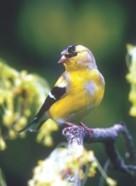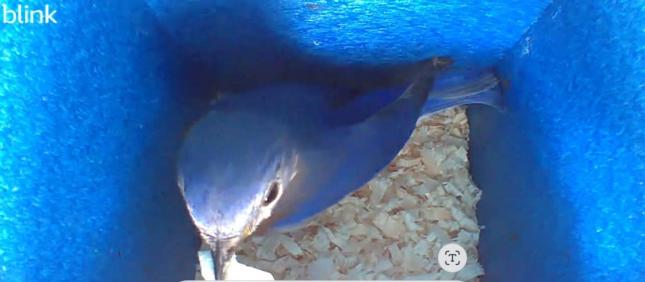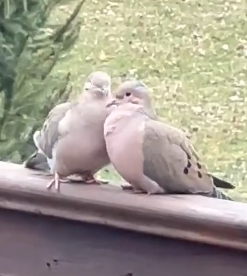Thursday, April 11th from 7 PM to 8 PM (in-store)- Hummingbird: Nature’s Jewels will teach you everything about the hummingbirds of North America and what you can do to attract them to your backyard sanctuary.
Sunday, April 14th from 1 PM to 2 PM (Lyon Township Public Library) - All About Orioles will give you a rundown of the history of orioles, what species can be found in the Americas, and what brings them to your yard.
Thursday, April 18th from 7 PM to 8 PM (in-store) - All About Orioles.
*Check your email for other sales, promotions, or nature happenings in our area.




